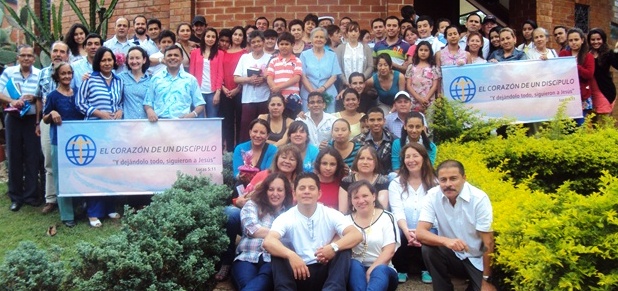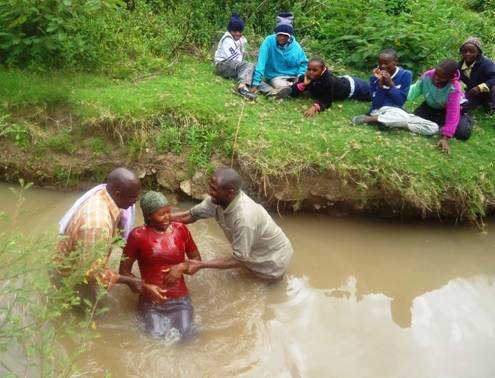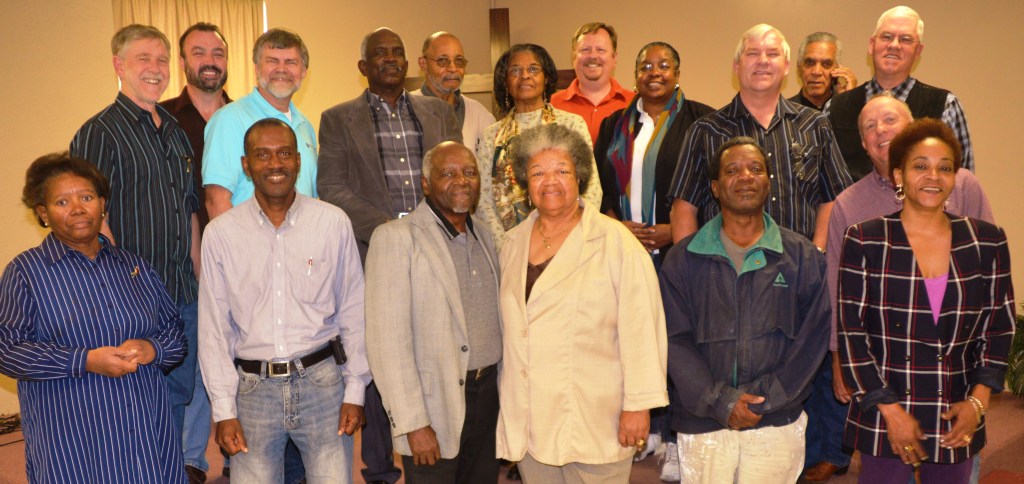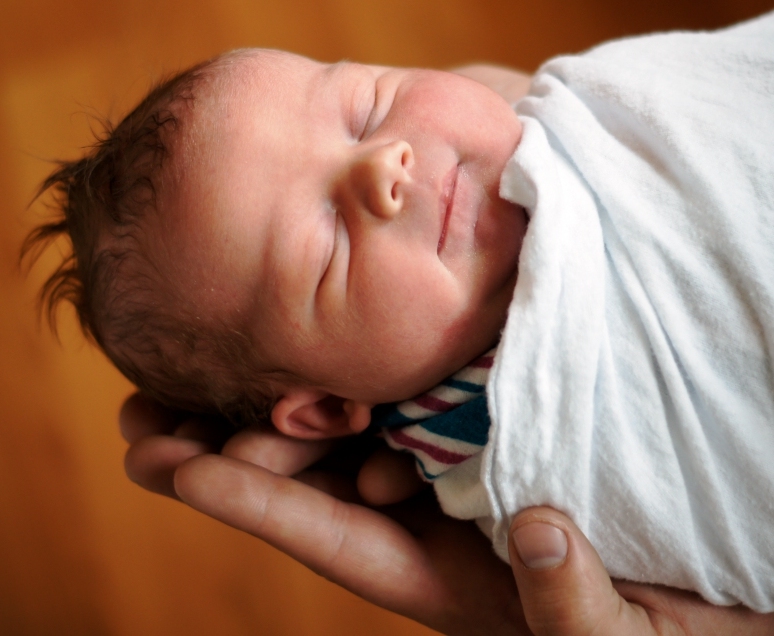Dear Brothers and Sisters in Christ,
 In the last two issues of Weekly Update our focus has been on the topic of grace (please read Gary Deddo’s important article about law and grace in last week’s edition). Because this week Americans celebrate Thanksgiving, it seems like a good time to talk about a different kind of “grace”—the custom of asking a blessing at a meal. Many Americans will say grace before getting down to the serious business of consuming their Thanksgiving turkey.
In the last two issues of Weekly Update our focus has been on the topic of grace (please read Gary Deddo’s important article about law and grace in last week’s edition). Because this week Americans celebrate Thanksgiving, it seems like a good time to talk about a different kind of “grace”—the custom of asking a blessing at a meal. Many Americans will say grace before getting down to the serious business of consuming their Thanksgiving turkey.
Of course, saying grace is not the same as saving grace, although for some it may seem almost that important. Some may feel the need to ask God to remove impurities from the food, or to protect them from harmful ingredients. Personally, I never pray in that way, as I wonder how it makes the person who prepared the meal feel. However, it is always appropriate to remind ourselves of our dependency on God for every aspect of our lives. And that is what saying grace at a meal is all about. The English word “grace,” when used in this context, is derived from the Latin gratiarum actio, an “act of thanks.” If you speak Spanish, you will recognize the similarity to the word gracias.
Most Christian families have their own tradition for saying grace before meals. The Bible provides no “rules” concerning this custom—it does not specify what to say or how long to pray. My grandfather often prayed in Russian and my mom, sisters and I didn’t understand most of it. He would finish in about 30 seconds. But not so for my dad. When he said grace before the meal, we often had to remind him that the food was getting cold!
Some Christians say grace when eating in restaurants. It’s fine to do so, but some discretion is called for, though a brief, unobtrusive prayer thanking God for a meal in a restaurant is unlikely to offend. You’ll remember that Jesus criticized the Pharisees for praying in public, but his concern was not that they prayed in public, but that they were praying to be seen as “righteous.”
Most cultures and all major religions have traditions of praying before or after meals. The Christian tradition comes from ancient Judaism, where the typical custom was to offer a blessing before, but, more often, following the meal. Rather than “blessing” the food, these prayers of thanksgiving acknowledged God as a generous provider. This custom originated in a command given to Israel in the Law of Moses, known among the Jews as birkat hamazon: “When you have eaten and are satisfied, praise the Lord your God for the good land he has given you” (Deuteronomy 8:10). This is one of 613 commandments (called mitzvot) found in the Torah. Sadly, some Jews applied it in legalistic ways, adding all sorts of requirements as to when and how to pray.
We know that Jesus followed Jewish prayer customs, at least to some extent. For example, he gave thanks before distributing the loaves and fishes to the five thousand (Matthew 15:36). The fastidious Pharisees, who did everything according to the letter of the Law of Moses, criticized Jesus’ disciples for eating without washing their hands in accordance with the specified Torah rituals. It is thus likely that they neglected other requirements related to prayer.
Of course, Jesus was not promoting poor hygiene, nor was he promoting ingratitude. However, he did use every opportunity to wean his disciples away from a performance-based relationship with God. He wanted them to know what the apostle Paul later wrote to the Christians in Rome: “The kingdom of God is not a matter of eating and drinking, but of righteousness, peace and joy in the Holy Spirit” (Romans 14:17). Let us remember that in all aspects of our lives, including when we say grace at meals.
As my family sits down for our Thanksgiving meal, I will be offering to God a prayer of gratitude both before and after we eat.
A blessed and happy Thanksgiving to you all!
Joseph Tkach











